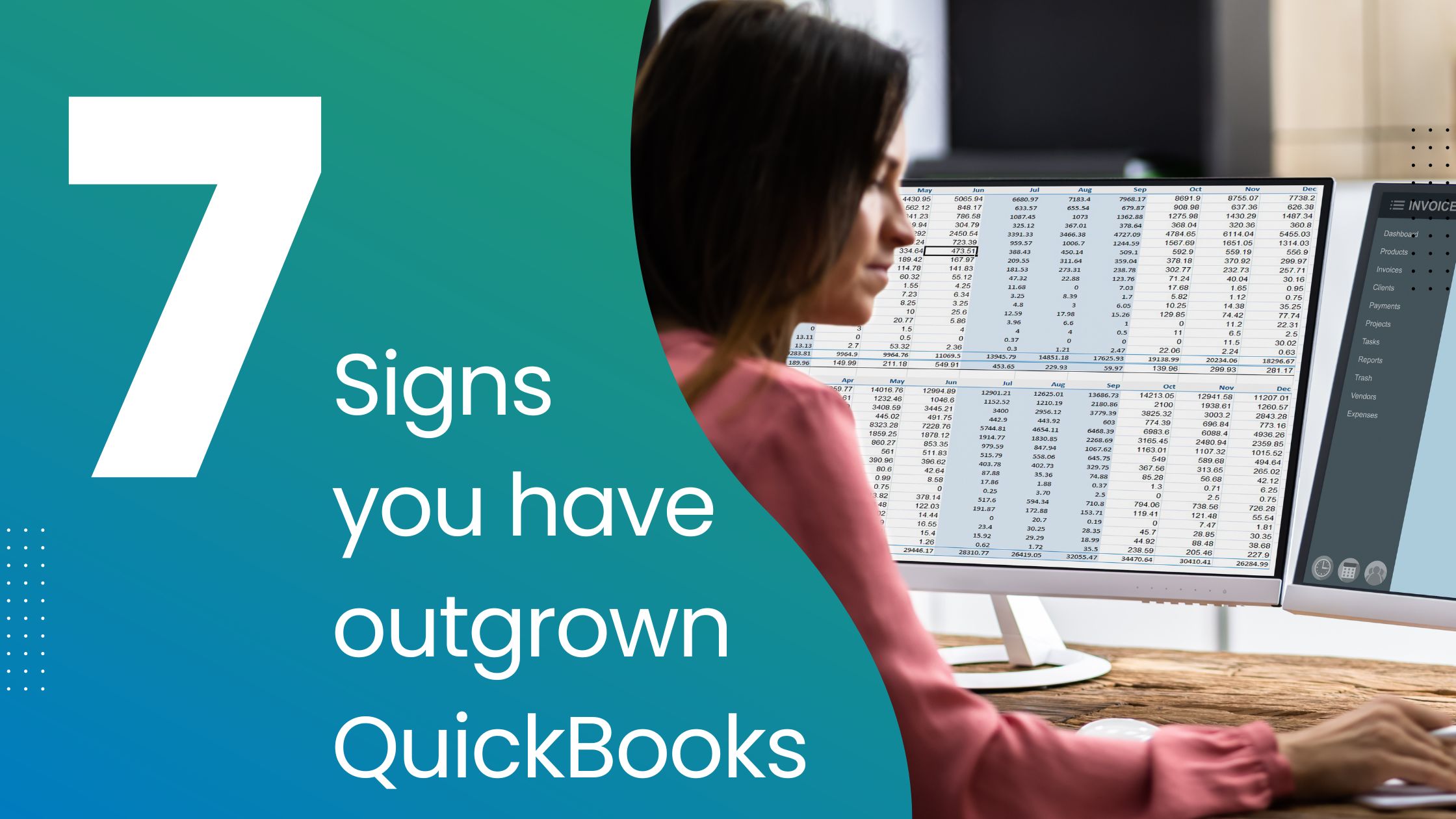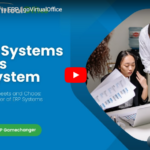In the fast-paced world of business, growth and evolution are constant. What once served as a reliable tool for managing finances, such as QuickBooks, may eventually show signs of strain as your business expands. This begs the question: Have you outgrown QuickBooks? If so, it might be time to consider transitioning to a more robust ERP system. What's the next step in optimizing your business processes for growth and efficiency?
In this blog post, we'll delve into the telltale signs that your business has surpassed the capabilities of basic accounting software like QuickBooks. We'll explore why transitioning to an Enterprise Resource Planning (ERP) system could be the key to unlocking greater efficiency, productivity, and profitability for your business.
Signs It's Time for an ERP System
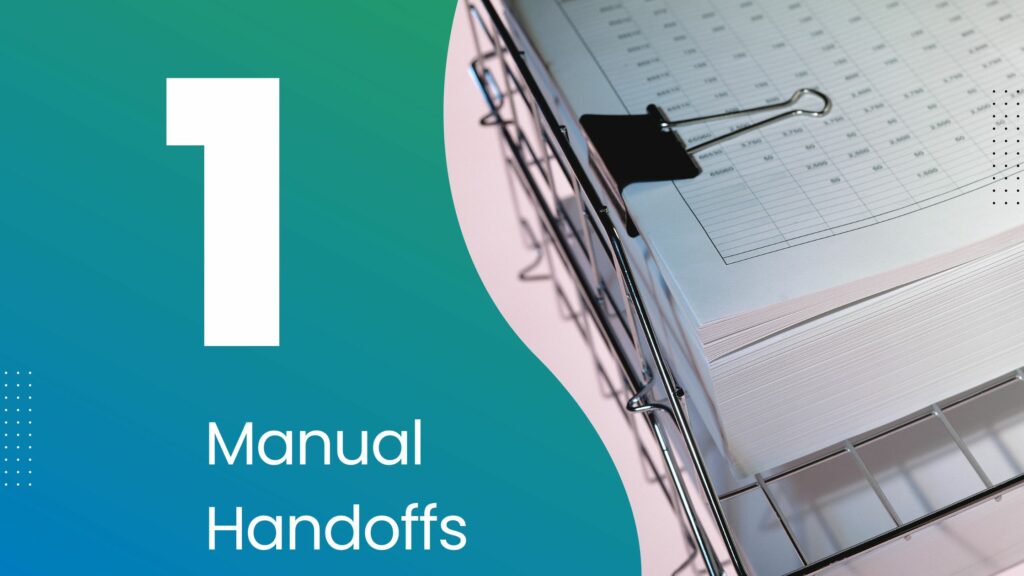
1. Manual Handoffs Between Accounting and Operations
The manual transfer of data between departments can lead to inefficiencies, errors, and delays. With QuickBooks, you may enter data multiple times into different systems, increasing the likelihood of mistakes. An ERP system streamlines these processes, automating workflows and providing real-time data visibility across departments.
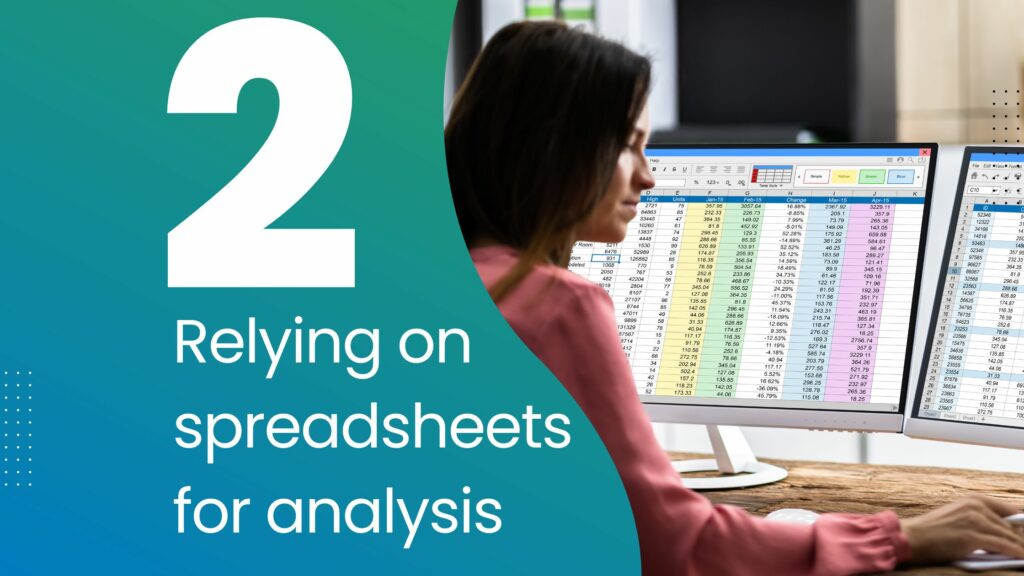
2. Relying on Spreadsheets for Analysis
While spreadsheets like Excel are powerful tools for analysis, they become obsolete once data is exported from the main system. An ERP system offers robust data analysis tools that work in real-time, ensuring accuracy and reliability in your financial reporting and analysis.

3. Adding Staff as You Grow
As your business expands, so too does the need for additional staff. However, relying solely on manual processes and basic accounting software can lead to knowledge worker productivity lagging growth. An ERP system enables greater productivity through automated workflows and processes, allowing your staff to focus on strategic tasks rather than manual data entry.
Ready to optimize your financial management system?
Uncover how ERP systems streamline operations, elevate decision-making, and fuel growth in today's dynamic business landscape.
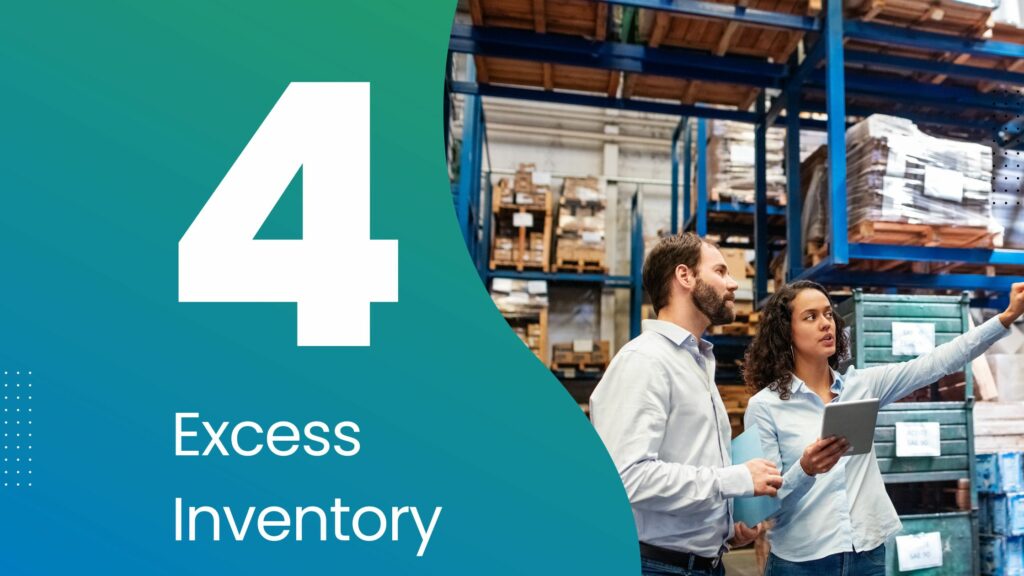
4. Excess Inventory
Managing inventory manually or with basic accounting software like QuickBooks can lead to overstocking or stock-outs, impacting your bottom line. An ERP system provides real-time visibility into inventory levels, automated replenishment processes, and alerts for potential issues, helping you optimize inventory management and reduce costs.

5. Poor Reporting
Basic accounting software may offer standard reports, but they may not meet your specific business needs. Customizing reports or generating ad hoc reports can be challenging and time-consuming. An ERP system provides comprehensive reporting capabilities, allowing you to create custom reports, automate recurring reports, and gain deeper insights into your business performance.
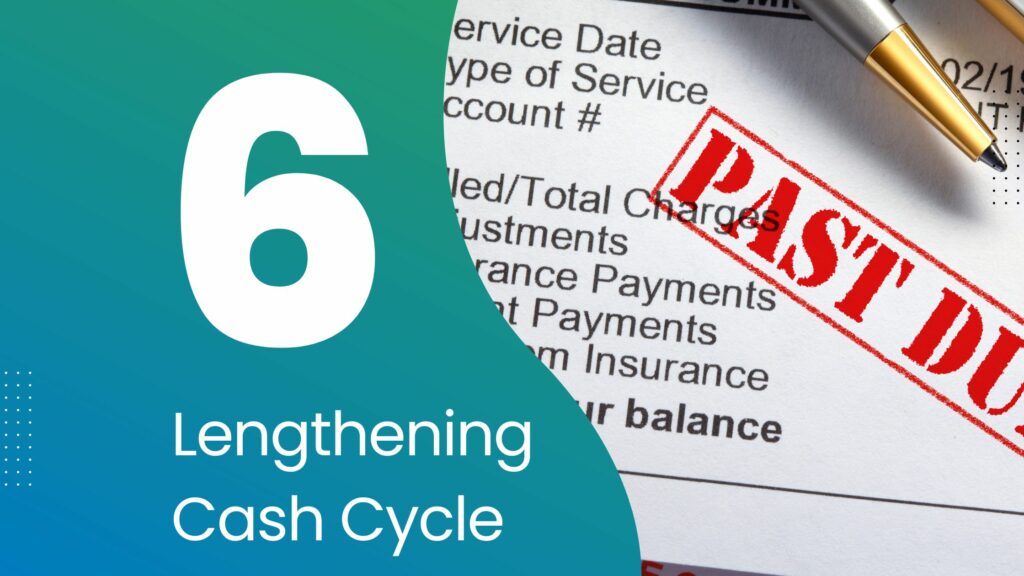
6. Lengthening Cash Cycle
If it takes longer to collect payments from clients or customers, it could signal a cash flow issue. An ERP system offers real-time visibility into receivables, payables, and order status, enabling you to identify and address cash flow issues before they become critical.
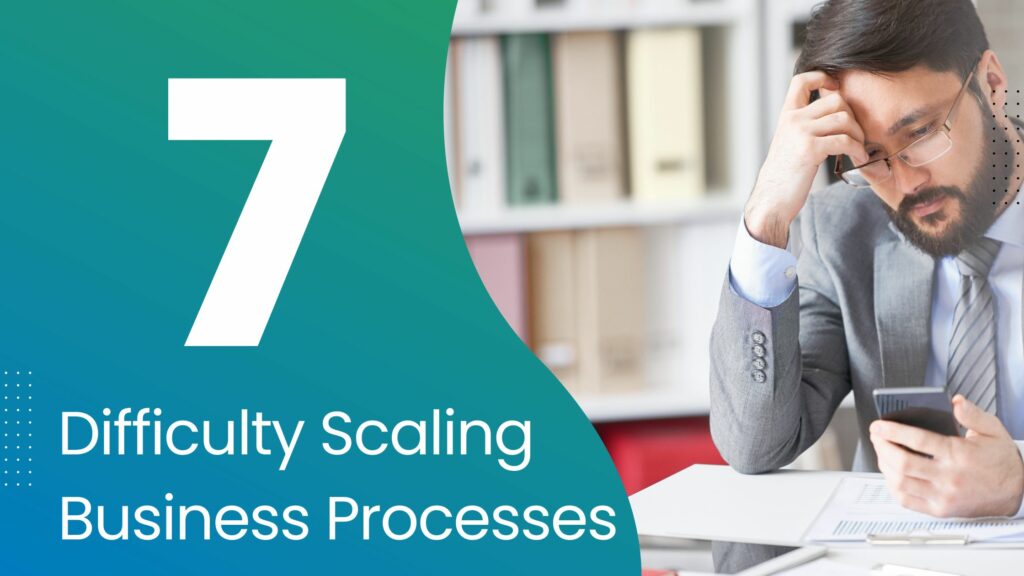
7. Difficulty Scaling Business Processes
As your business grows, your current systems may struggle to keep up with increased volume and complexity. An ERP system provides scalability to support your growth, allowing you to adapt quickly to changing market conditions or business needs without being hindered by outdated software.
Why Your Business Needs an ERP System
Moving from QuickBooks to an ERP system might seem daunting; however, it's crucial for businesses aiming to excel in today's competitive market. Recognizing when you've outgrown QuickBooks and embracing ERP capabilities can significantly boost efficiency, productivity, and profitability. Transitioning from QuickBooks to ERP isn't just about technology; it's a strategic investment in your business's future.
Interested in learning more? Join us for a live webinar!
goVirtualOffice | Encoursa™
Understanding the Challenges
Imagine a scenario where a company's reliance on QuickBooks leads to frequent errors in order processing, late deliveries, and customer dissatisfaction. This is exactly what happened for The Chicago Wine Company. Their outdated processes not only jeopardized customer satisfaction, but also consumed valuable resources in firefighting daily operational issues. This underscores the critical need for businesses to reassess their software solutions and explore more robust alternatives, like ERP systems.
The ERP System Advantage: A Tale of Transformation
Implementing an ERP system can revolutionize business operations. Using ERP features like real-time inventory tracking, automated order alerts, and streamlined invoicing allows for improved customer satisfaction, reduced manual tasks, and time and resource savings.
The Power of Needs Analysis
Conducting a thorough needs analysis before embarking on an ERP implementation is imperative to the success of your implementation. Engaging stakeholders and pinpointing workflow issues ensures chosen ERP suits needs, delivering maximum value for the businesses.
Choosing the Right Partner
Choosing the appropriate implementation partner stands as a critical factor in the triumph of an ERP deployment. Do not underestimate the importance of aligning with vendors that demonstrate industry expertise and a solid track record. By engaging seasoned professionals for implementation, businesses can adeptly navigate complexities and fine-tune their ERP systems for peak performance.
Data Quality and Migration Considerations
Garbage in, garbage out—this adage holds true for data migration in ERP implementations. Ensuring data quality before migrating to a new system. Cleansing and migrating relevant, accurate data mitigates errors, laying a strong foundation for successful ERP adoption.
Custom Scripting and Automation
Custom scripts and automation emerge as game-changers in ERP implementations, enabling businesses to streamline processes, improve accuracy, and enhance efficiency. ERP systems provide automated invoicing, real-time inventory updates, custom workflows, and alerts, optimizing operations for business growth.
Success Stories and Key Takeaways
Real-world success stories underscore the transformative impact of ERP systems on businesses of all sizes. From cost savings and productivity gains to improved customer satisfaction and strategic decision-making, the benefits of ERP adoption are manifold. Custom ERP solutions and seasoned partners unlock growth and innovation in today's competitive landscape.
Conclusion:
Embracing the Future of Business Management
In conclusion, the choice between ERP systems and QuickBooks represents a pivotal decision for businesses seeking to optimize their operations and drive sustainable growth. While QuickBooks may suffice for basic accounting needs, ERP systems offer a comprehensive suite of functionalities tailored to modern business requirements.
By conducting thorough needs analysis, selecting the right implementation partner, and prioritizing data quality and automation, businesses can harness the full potential of ERP systems to stay ahead of the curve and thrive in today's dynamic marketplace. The journey from QuickBooks to ERP is not just a technological upgrade—it's a strategic investment in the future of business management.

)
